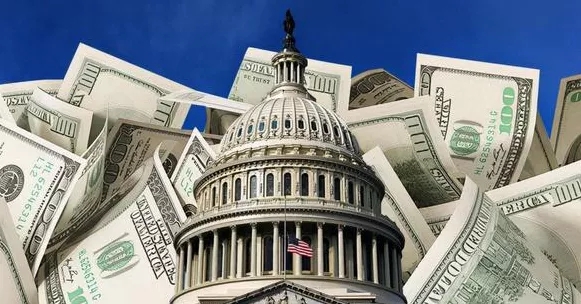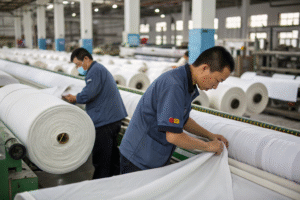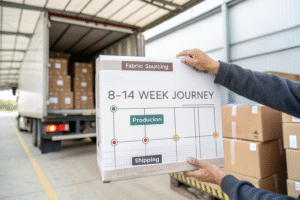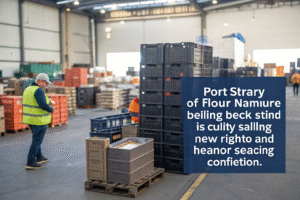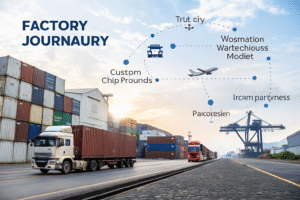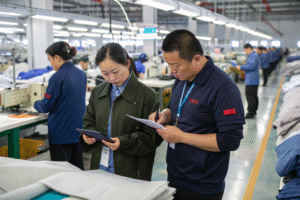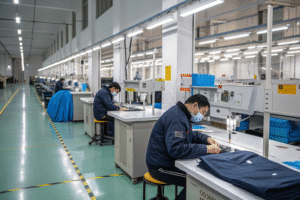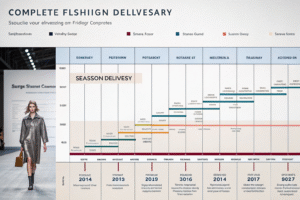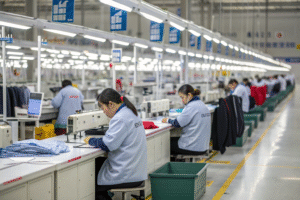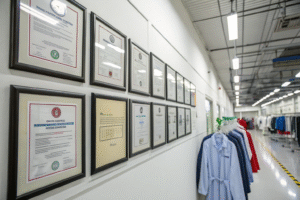The Wall Street Journal recently reported that global supply chain woes are beginning to recede, but shipping, manufacturing, and retail executives say they don't expect operations to return to more normal levels until next year and that freight will continue to be delayed if the New Crown outbreak disrupts key distribution centers.
In Asia, factory closures, energy shortages, and port handling capacity constraints associated with the new crown outbreak have eased in recent weeks.
In the U.S., major retailers said they imported most of the merchandise needed for the holidays, gradually opening up space for the front end of the trip.

Ocean freight rates are reported to have fallen back from record levels. The cost of shipping a container across the Pacific has fallen by more than a quarter, the biggest drop in two years. German shipowner Jan Held said congestion is improving, especially in Asia.
The easing of supply chain bottlenecks will allow production to move in the direction of meeting strong demand and will reduce logistics costs. If this trend continues, it will help ease upward inflationary pressures.
However, continued congestion at U.S. ports, a shortage of truck drivers, and rising global freight rates continue to loom over the recovery. Freight rates rose about 5 percent this week to about $14,700 per 40-foot container, still more than three times the year-earlier level, according to the Freightos Baltic Index.
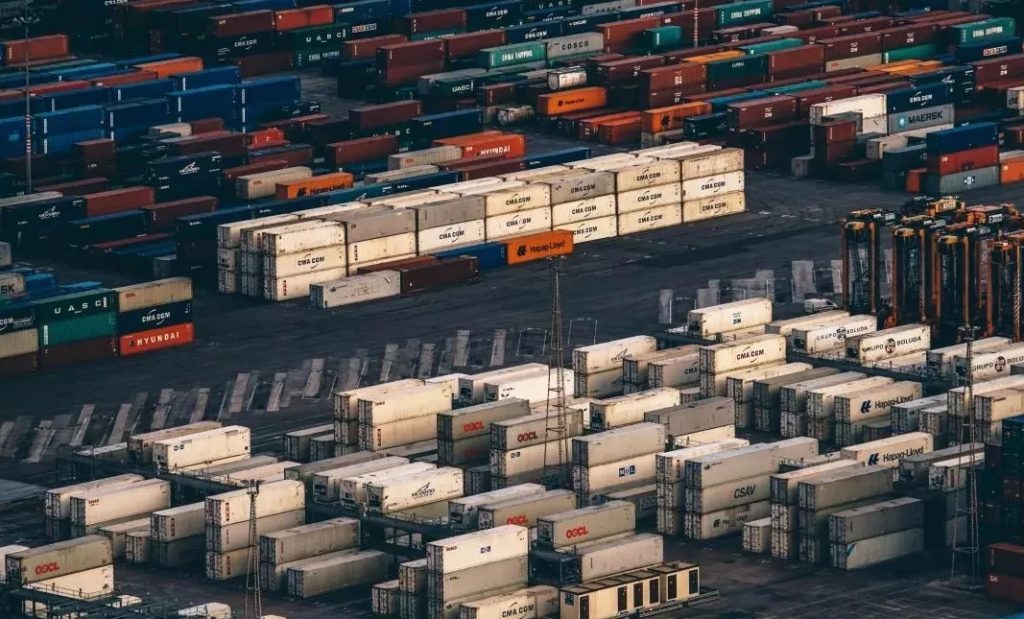
In addition, extreme weather and the risk of an outbreak of Covid-19 cases could again clog the supply chain.
The Port of Long Beach and the neighboring Port of Los Angeles, known as the Los Angeles─Long Beach Complex, is the largest container port complex in the United States, with container handling accounting for about 40 percent of all U.S. seaborne container imports, and is considered an important indicator of U.S. trade conditions.
While the Biden administration has encouraged shippers, truckers, and warehouses to work longer shifts and port officials have said the plan for 24-hour port operations will succeed once all sectors of the supply chain begin working overnight, Port of Long Beach Executive Director Mario Cordero said, "It's going to take time."
